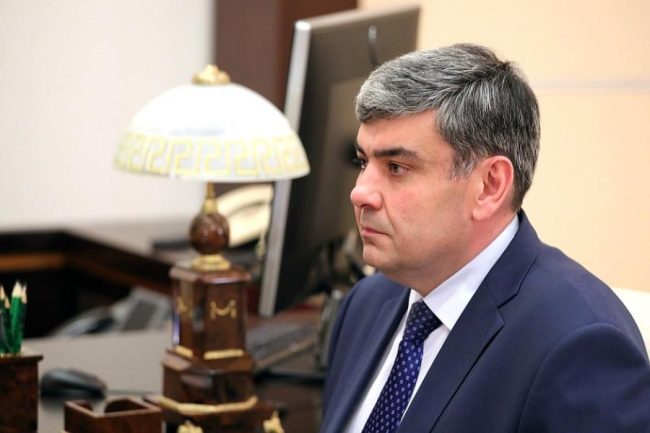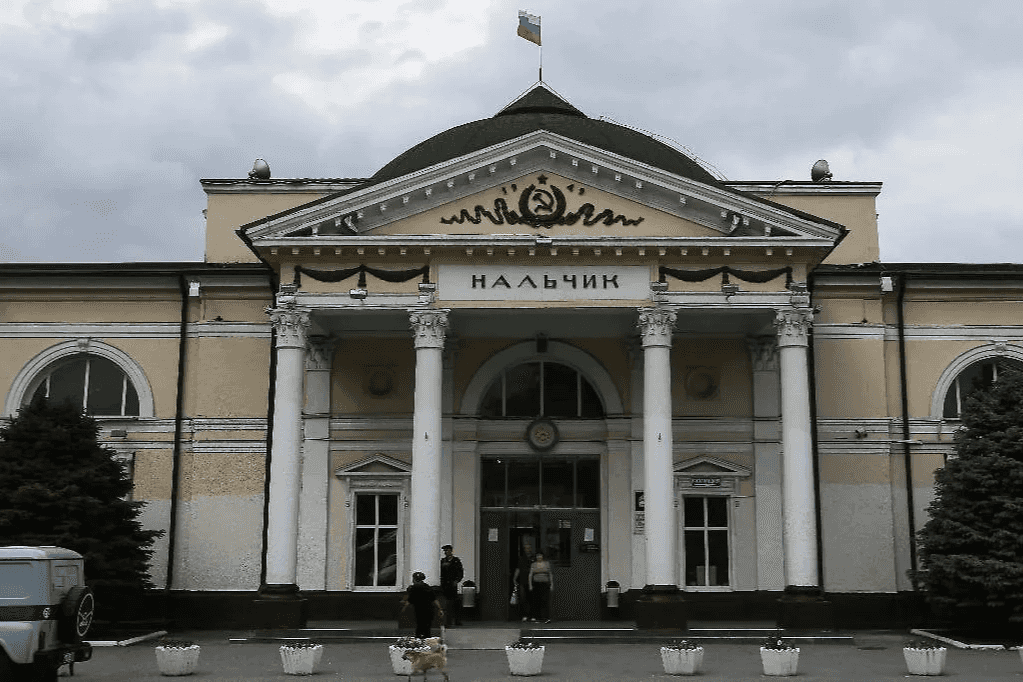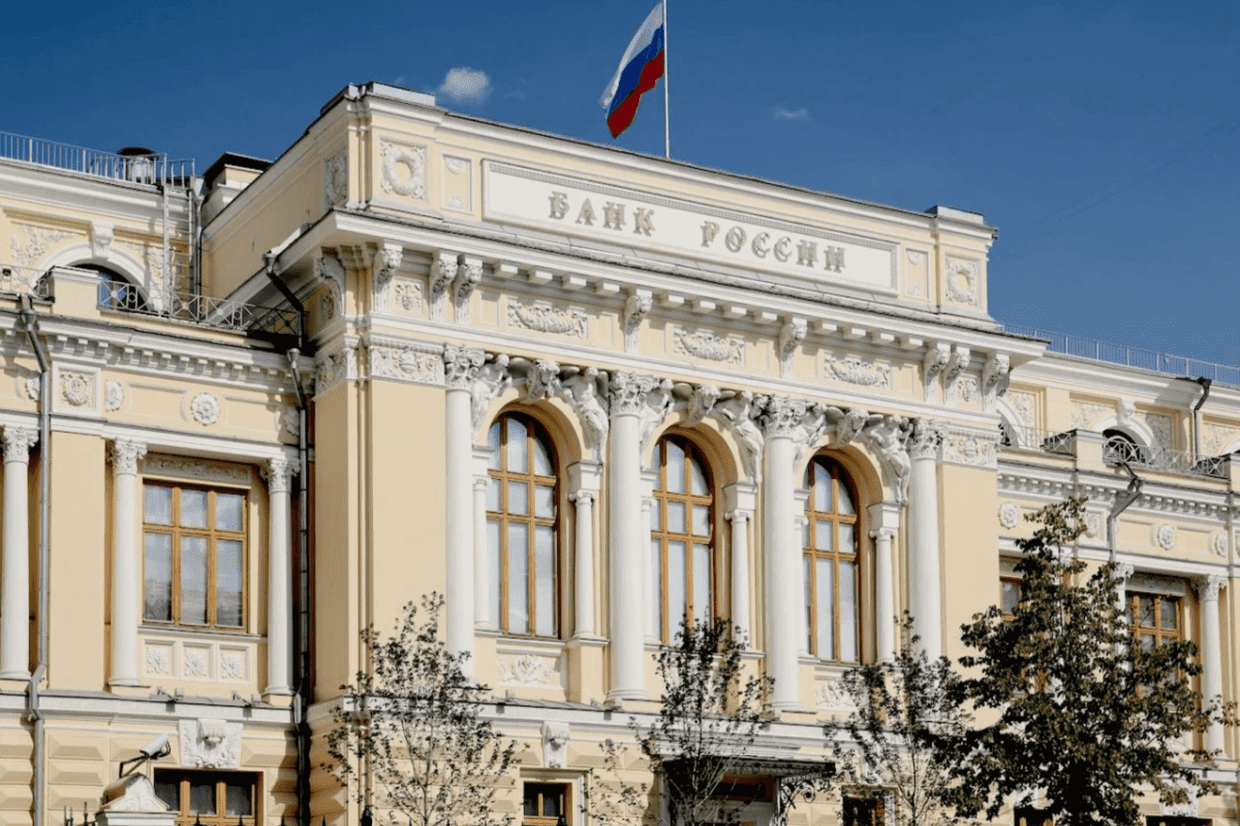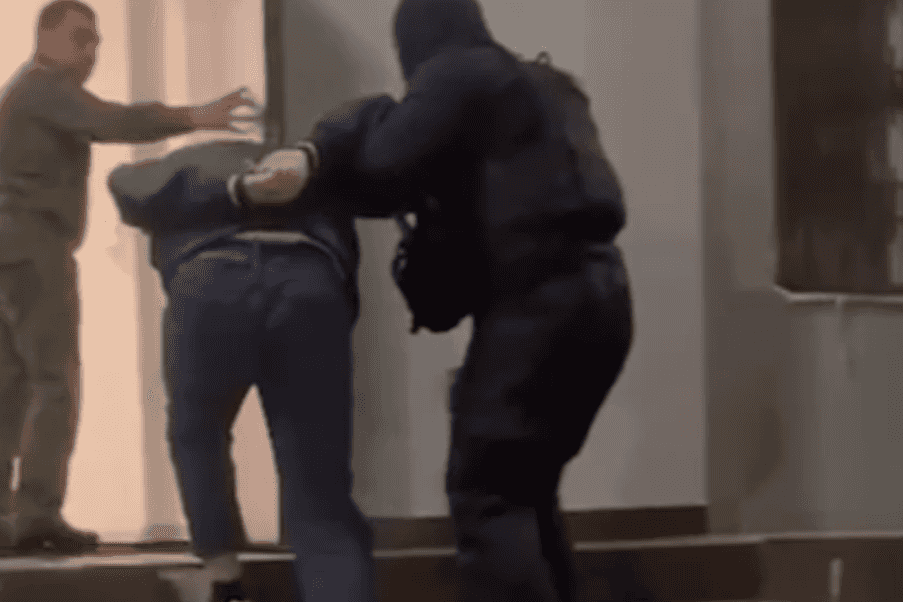

 Russian President Vladimir Putin has appointed Kazbek Kokov as acting head of the the Republic of Kabardino-Balkaria. Putin announced on Wednesday that Yury Kokov had resigned from his position for ‘personal reasons’.
Russian President Vladimir Putin has appointed Kazbek Kokov as acting head of the the Republic of Kabardino-Balkaria. Putin announced on Wednesday that Yury Kokov had resigned from his position for ‘personal reasons’.
According to Putin, the resigning head of the republic ‘asked to be transferred to a job in Moscow due to a number of circumstances, including personal reasons’.
Kazbek Kokov is the son of the first president of Kabardino-Balkaria, Valery Kokov, who headed the republic in 1992–2005. Kazbek and Valery are not directly related to Yury Kokov.
Before entering politics, 45-year-old Kazbek Kokov headed several large enterprises in Kabardino-Balkaria. Since 2003, he held a number of positions in local political institutions in the Republic.
In 2013, he was appointed an advisor on domestic policy in the Russian Presidential Office.
Khazretali Berdov, a member of Kabardino-Balkaria’s parliament told the TASS news agency that the new head’s experience in the presidential office would allow him to effectively build a relationship with the Kremlin.
‘I believe, as his father’s son he will be able to address interethnic relations easier. The eternal problems of Kabardians, Balkarians […] He knows all this from the inside’, Berdov said.
Mukharby Ulbashev, a senator from Kabardino-Balkaria in Russia’s Federation Council, also told TASS that being the son of the first president of Kabardino-Balkaria would be an asset for Kazbek Kokov. ‘He grew up in the family of a famous politician […] which should help him in managing the region’.
The Kyondelen factor
Since the announcement on Wednesday it has been widely speculated in Kabardino-Balkaria that Yury Kokov was forced out due to a recent ethnic conflict in the village of Kyondelen.
However, several local experts OC Media spoke with argued that Kyondelen may have served as an excuse rather than the real reason for his resignation.
[Read in OC Media: Dispute over history ignites ethnic clashes in Kabardino-Balkaria]
Aslan Beshto, a journalist and leader of the Kabardian Congress public movement, told OC Media that the latest developments in Kyondelen only accelerated a long-expected change in the leadership of the republic.
‘Unsolved and unsolvable problems — land and interethnic issues, which are both connected to each other — have always been the objective reasons for the dismissal of all the leaders of Kabardino-Balkaria. These problems will remain for the new leader’, he said.
Beshto, who said he had known Kazbek Kokov since childhood because they grew up in the same neighbourhood, said he was ‘optimistic’ about him.
Mukhamed Shogenov, a former mayor of Nalchik and Kabardino-Balkaria’s representative in Moscow, told OC Media that Yury Kokov resigned in good faith.
‘He was just waiting for the Secretary of the Security Council of the Russian Federation, [Nikolay] Patrushev to vacate his deputy’s post for him’, Shogenov said.
According to Shogenov ‘in Yury Kokov’s stead, Putin wanted to appoint Andrey Yarin’. Yarin was head of the government of Kabardino-Balkaria during Arsen Kanokov’s term as the republic’s head in 2006–2009.
Shogenov claimed that Yury Kokov made it clear to Yarin that he had ‘serious compromising evidence against him, so Yarin renounced his claims to the head’s office’.
In an interview with Russian news site News R, political scientist Ali Umayev accused Yury Kokov of mismanaging the republic, which led Kabardino-Balkaria’s public debt exceeding its revenues.
An source in Kabardino-Balkaria’s government told OC Media they believed ‘with the arrival of the new head, the positions of people who worked with the father [Valery Kokov] of the current acting head of Kabardino-Balkaria, Kazbek Kokov will strengthen. They have every reason to be optimistic about their careers’.
[Read OC Media’s analysis: Divide and rule: the ‘clans’ of Kabardino-Balkaria]









